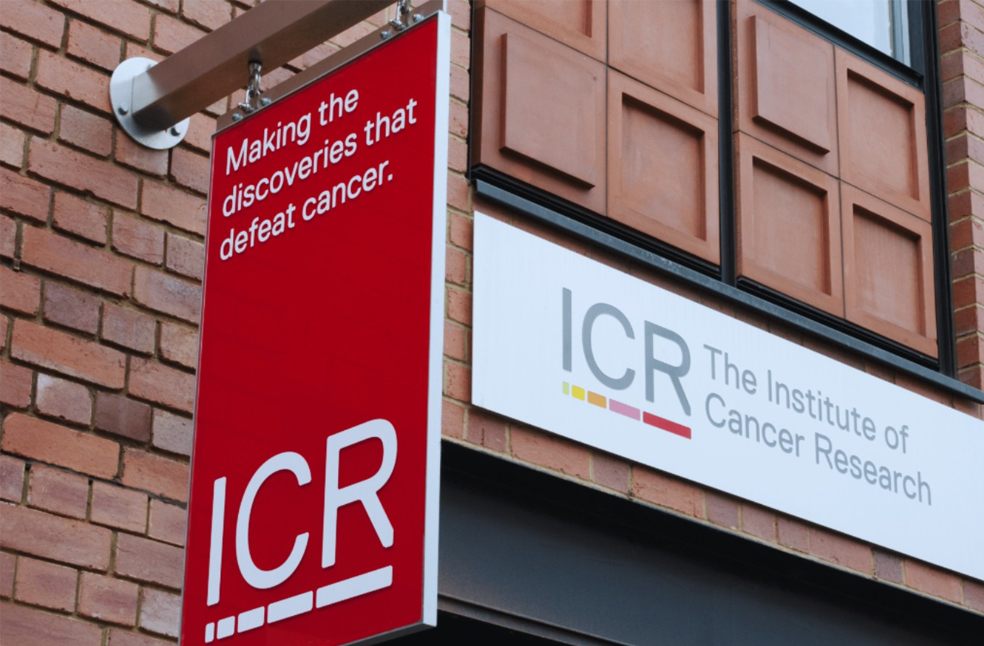London, UK: In a major boost for cancer care, thousands of women in England and Wales with advanced breast cancer will now have access to a groundbreaking twice-daily pill, capivasertib, on the NHS following a reversal by the National Institute for Health and Care Excellence (NICE).
The decision is expected to benefit up to 3,000 women annually with hormone receptor (HR)-positive, HER2-negative breast cancer that has spread and contains specific genetic mutations.
Capivasertib, branded as Truqap and developed by AstraZeneca, works by blocking the AKT protein, which promotes the growth and multiplication of cancer cells.
This targeted action helps to slow or stop the progression of the disease. The drug is specifically designed for patients whose tumors carry alterations in the PIK3CA, AKT1, or PTEN genes, mutations found in around half of all patients with this cancer subtype.
Clinical trials demonstrated that capivasertib, when combined with the hormone therapy fulvestrant, extended the time before cancer progression from 3.1 to 7.3 months, a gain of about 4.2 months compared to standard treatment.
The Institute of Cancer Research (ICR) in London, where decades of research helped develop the treatment, hailed the NHS approval as a “game-changing” moment.

Professor Nicholas Turner, from the ICR and Royal Marsden NHS Foundation Trust, who led a pivotal clinical trial, said the NICE decision means that, “Thousands of NHS patients with advanced breast cancer with these specific biomarkers can now receive this innovative targeted treatment to keep their cancer from progressing for longer.”
Professor Paul Workman, former CEO of ICR and a key figure in the AKT drug discovery project, called it a “landmark moment” and expressed his satisfaction in seeing years of research finally benefit NHS patients.
Claire Rowney, CEO of Breast Cancer Now, welcomed the news but criticized the earlier NICE rejection, which she said led to delays in treatment for patients and remarked that, “This happens too often and urgent action must be taken to ensure the quick approval of breast cancer drugs.”
Rowney urged NHS England to implement prompt genetic testing to ensure timely access to capivasertib for eligible patients. The CEO also called on the Scottish Medicines Consortium to accelerate its review of the drug so it can be made available across the UK.
Helen Knight, Director of Medicines Evaluation at NICE, acknowledged the emotional toll of advanced breast cancer and thanked AstraZeneca for collaborating with NICE to ensure the treatment could be approved as a cost-effective option for the NHS and good value for taxpayers.
With the NHS now set to deliver this promising treatment, patients and advocates alike are calling for continued urgency in bringing innovative cancer drugs to those who need them most.



